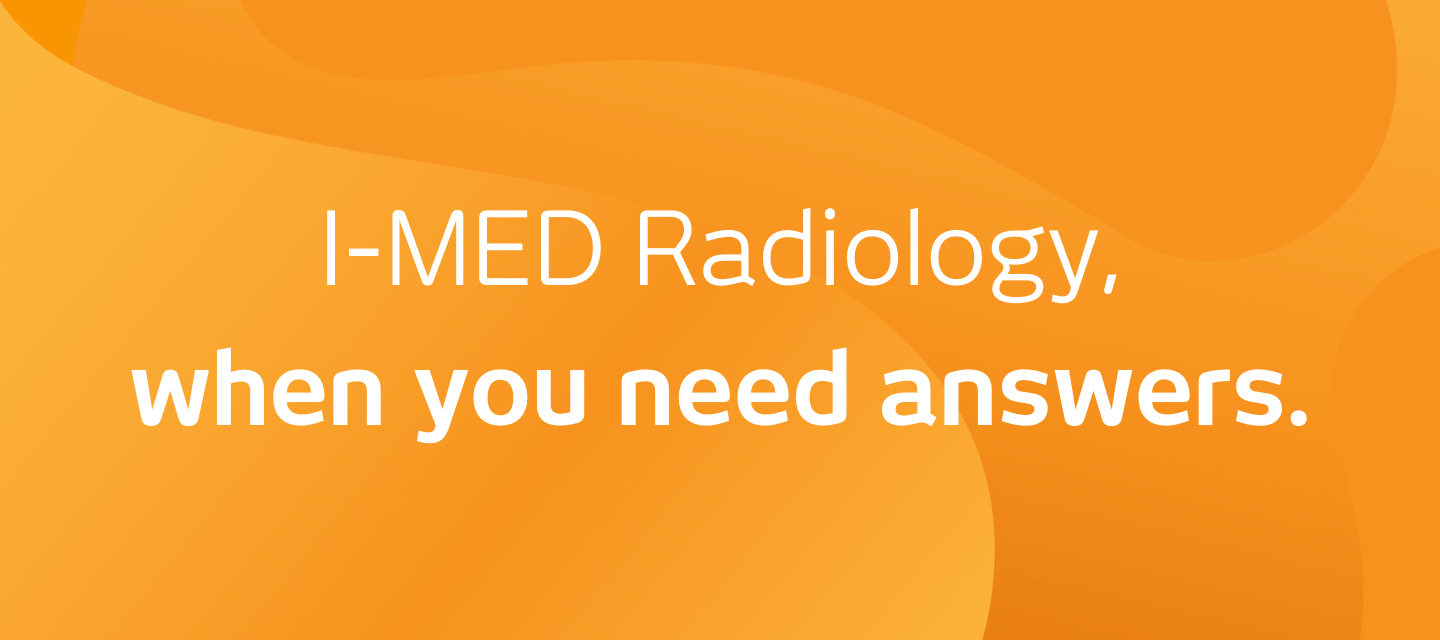
Parathyroid MIBI scan
Parathyroid MIBI scan
A parathyroid MIBI scan is used in nuclear medicine to look at possible problems involving the parathyroid gland(s). The parathyroids are four small hormone glands lying close to or embedded in the back surface of the thyroid gland, in the front of the neck.
What is a parathyroid MIBI scan? keyboard_arrow_down
A parathyroid MIBI scan is used in nuclear medicine to look at possible problems involving the parathyroid gland(s). The
parathyroids are four small hormone glands lying close to or embedded in the back surface of the thyroid gland, in the
front of the neck. The parathyroid scan uses sestamibi (or MIBI for short), which is a very safe liquid radioactive material that is injected into the body and absorbed by the overactive parathyroid, but not by healthy parathyroids. An overactive (hyperactive)
gland that produces excessive hormone is picked up by the scan on the pictures or images taken by a gamma camera (a type of machine or scanner used in nuclear medicine).
Why would my doctor refer me to have a parathyroid MIBI scan? keyboard_arrow_down
If you have an elevated blood calcium level and parathyroid hormone level, then finding the overactive parathyroid tissue will help the surgeon locate the lesion (tumour or growth), making the surgery easier and shortening surgical time. This allows minimally invasive surgery to be carried out rather than a larger open operation.
What are the risks of parathyroid MIBI scan? keyboard_arrow_down
There are no associated risks with having a parathyroid MIBI scan
How do I prepare to have a parathyroid MIBI scan? keyboard_arrow_down
There is no special preparation necessary before the scan. You may eat and drink as normal. It is important that you let our staff know if you are (or think you could be) pregnant or are breast-feeding when you make your appointment. If you are a carer for small children you will need to avoid close contact with them for a short time after having the scan. This is due to the small amount of radioactivity your body may release. If you are taking thyroid medications, you may need to stop taking these before you have the scan. Your referring doctor will advise you about this.
What happens during a parathyroid MIBI scan? keyboard_arrow_down
The technologist will insert a small needle into a vein on the back of your hand or in your arm to inject the MIBI material. You will then lie on a special scanning bed under a large gamma camera that will take images of your parathyroids in your neck and chest area.
The gamma camera detects the radioactive MIBI material your parathyroids will have absorbed. The camera will move around your head. You will need to lie very still for a period of time underneath the gamma camera, as it takes the images or pictures of your neck and chest area.
In some cases, another radioactive material is given before the MIBI so that the thyroid land alone can be picked up by the scan on the images taken by the gamma camera. This shows the position of the parathyroid glands in relation to the thyroid gland.
How long does a parathyroid MIBI scan take? keyboard_arrow_down
There are two sessions, with a 2–3 hour break in between. The first session will take about 40 minutes, and the second session about 30 minutes.
What are the risks of a parathyroid MIBI scan? keyboard_arrow_down
There are no associated risks with having a parathyroid MIBI scan
Are there any after-effects of a parathyroid MIBI scan? keyboard_arrow_down
There are no after-effects from a parathyroid MIBI scan. You will feel fine and be able to drive yourself home. You may experience a metallic taste in your mouth (but only for a few minutes) when the radioactive material is injected. Rarely, you may have feelings of tingling, flushing (redness), nausea (sickness), erythema (redness of the skin), a diffuse (spread) rash or headache.
How do I get my results? keyboard_arrow_down
Your doctor will receive a written report on your test as soon as is practicable. It is very important that you discuss the results with the doctor who referred you so they can explain what the results mean for you.
Related procedures

This information has been reviewed and approved by Dr Ronald Shnier (I-MED Chief Medical Officer).
Related articles

Related procedures

This information has been reviewed and approved by Dr Ronald Shnier (I-MED Chief Medical Officer).
Related articles

